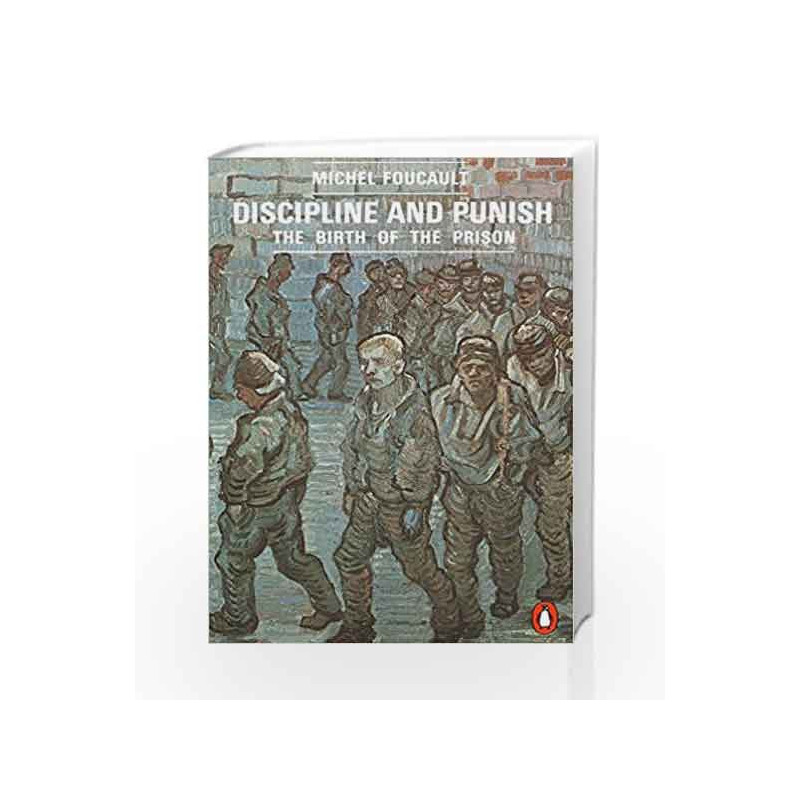

In other words archaeology is about looking at history as a way of understanding the processes that have led to what we are today. Archaeology is about examining the discursive traces and orders left by the past in order to write a ‘history of the present’. ‘Archaeology’ is the term Foucault used during the 1960s to describe his approach to writing history.

The original French term dispositif is rendered variously as ‘dispositif’, ‘apparatus’ and ‘deployment’ in English translations of Foucault’s work archaeology © Clare O’Farrell 2007-2021 apparatus (dispositif)įoucault generally uses this term to indicate the various institutional, physical and administrative mechanisms and knowledge structures, which enhance and maintain the exercise of power within the social body. If there are any key concepts that are not on this list but that you would like to see here send me an email and I will see what I can do. The list below places more emphasis on definitions, whereas the list in the book provides a detailed structure of references for users of Foucault’s work. For a more complete list which also includes extensive details of where these concepts can be found in Foucault’s work please see Appendix 2: ‘Key Concepts in Foucault’s work’ in my book Michel Foucault (London: Sage, 2005). This page offers brief definitions of some of the key concepts in Foucault’s work.


 0 kommentar(er)
0 kommentar(er)
